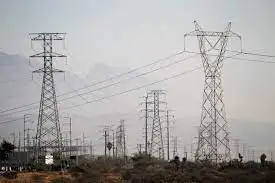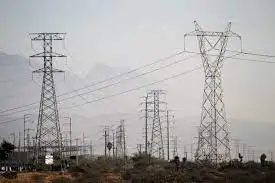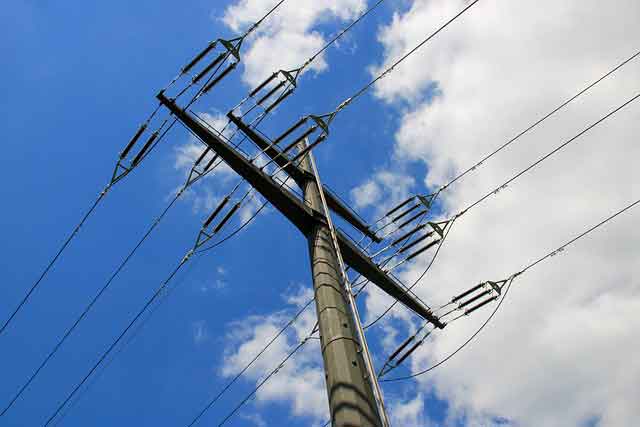Frito-Lay facility is off the grid
The 2003 Northeast Blackout began on August 14, 2003 and ultimately affected 50 million people in eight states as well as portions of southeastern Canada. Although changes have been made to help protect against a similar blackout in the future, when companies go off the grid it can only help.
The Frito-Lay building has installed a cogeneration system, which will provide nearly 100% of the facilityÂ’s electricity requirements. Additionally, the waste heat that is generated on site will be converted into steam which will then help manufacture the Frito-Lay snack products on site.
"Today's launch of the cogen system is an example of sustainability and partnership in action," said Leslie Starr Keating, senior vice president, operations, Frito-Lay North America. "Working with the state of Connecticut and the Department of Energy, we are able to invest in sustainable business practices that benefit this community and the country by providing relief to the northeast power grid and using technologies with a lower environmental impact."
The facilityÂ’s cogen system not only allows Frito-Lay to unplug from the regional power grid, it will also reduce the companyÂ’s carbon footprint. The cogen system will reduce the facilityÂ’s carbon dioxide and nitrous oxide emissions.
The project was made possible, in part, through grants from the State of Connecticut and the U.S. Department of Energy.
Related News

Energy prices trigger EU inflation, poor worst hit
BERLIN - Higher energy prices, including for natural gas, are pushing up electricity prices and the cost of living for households across the EU, prompting governments to cut taxes and provide financial support to the tune of several billion euros.
A series of reports published by Cambridge Econometrics in October and November 2022 found that households in EU countries are spending much more on energy than in 2020 and that governments are spending billions of euros to help consumers pay bills and cut taxes.
In France, for example, the poorest households now spend roughly one-third more on energy than in 2020. Between…





